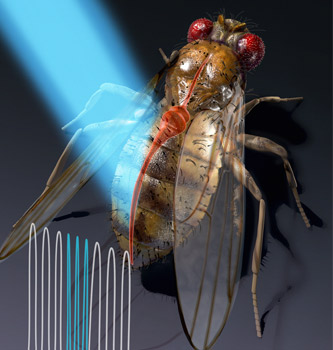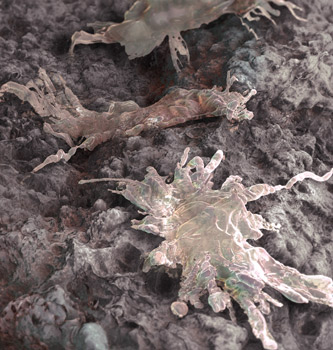'The Most Human Experience'
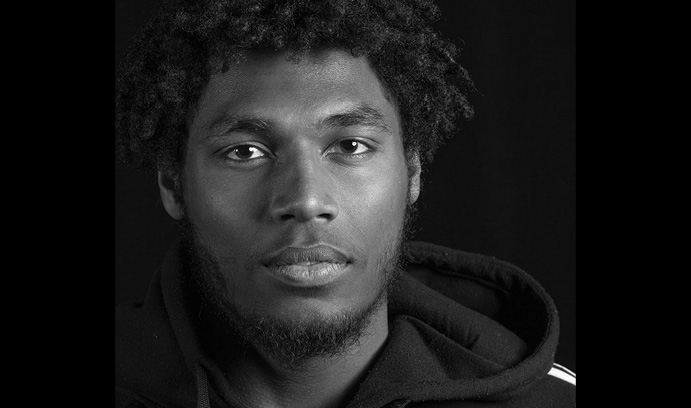
“I've been able to grow organically and comfortably with individuals who challenge my self-expression with love.” -- Kevin Stripling ’16
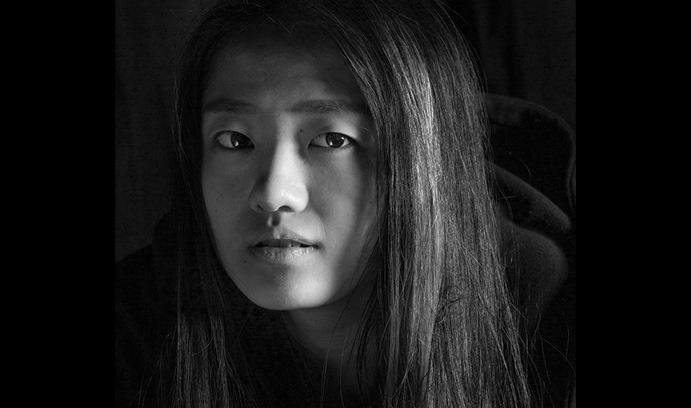
“When you are acting out of the actual self, telling things from the heart with true feeling and emotion, your voice gets stronger and your performance becomes more powerful.” -- Amber Tang ’16
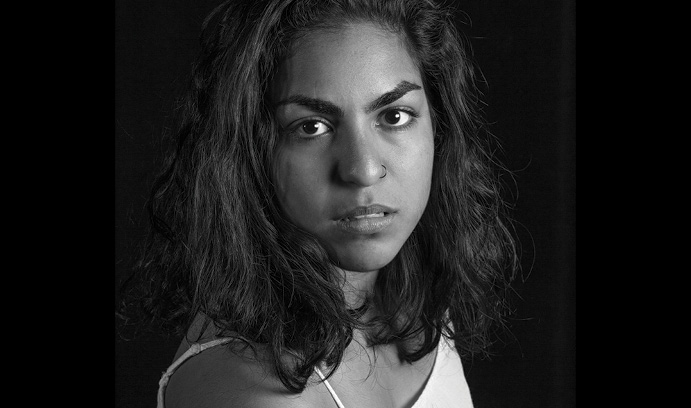
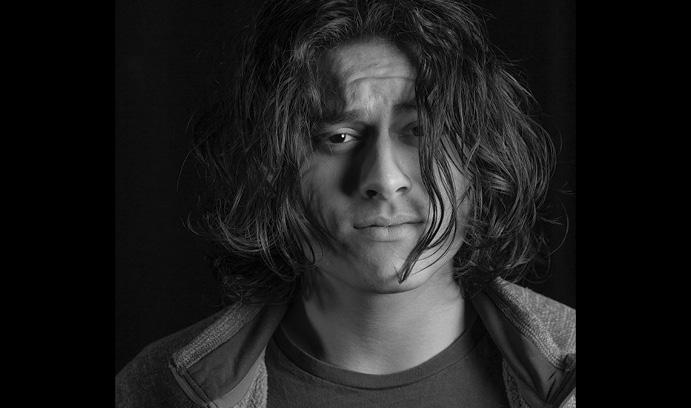
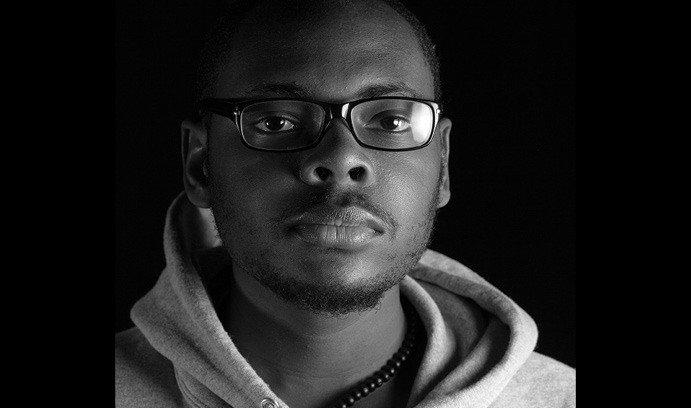
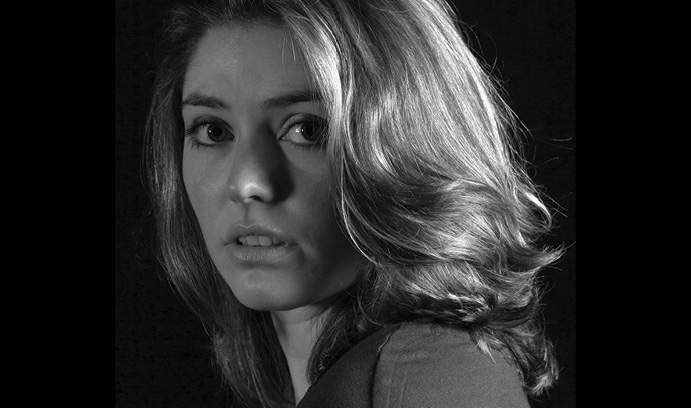
If they’re willing to follow me, I’ll introduce them to the transformational power of hip-hop and the exciting ways it can inspire them to celebrate who they are,” says Kashi Johnson ’93 of the students in her course, “Act Like You Know: Hip-Hop Theatre.”
Now leading her eighth cohort of students, Johnson, associate professor of theatre, steps beyond lectures on the history of hip-hop and immerses students in rich, dynamic experiences where they write and perform their own original work within the hip-hop aesthetic. A recent semester included four master teaching artists who, during individual weeklong residences, taught students about the founding elements of hip-hop: the DJ, breakdancing, the MC and graffiti art. But the most inspiring element of the four-credit course is perhaps the final show, where students become a performance ensemble and share their newfound appreciation of hip-hop in a showcase of dramatic skits, rhymes, choreography and spoken word poetry.
“Empowering my students to find their voice and speak their truth is really what it’s about for me,” says Johnson. “Hip-hop is the perfect performance vehicle because it demands that the person on stage or on the mic believes in their talent and abilities and is fearless in their self-expression.”
The class’s final exam, a live show performed for a large invited audience, is, as Johnson described in a 2013 TEDx talk, “a rite of passage, a definitive moment for students to declare who they are.”
Once they do, says Johnson, they never turn back.
Andrew Lustig ’10, now a professional performance artist, calls “Act Like You Know” “the most human experience.”
Johnson’s course, says Lustig, presents hip-hop as not only an art form, but also as history connected to important social and economic issues and racial relations in the United States. “It’s performance, yes, and it’s art, yes, but it’s also so deeply connected to people’s lives and to the world that we live in,” he explains. “All of a sudden, [hip-hop] became both an artistic pursuit and an intellectual pursuit and a pursuit of social change and of social justice.”
Johnson recently partnered with fellow Lehigh alum Daphnie Sicre ’98, an instructor at Borough of Manhattan Community College, to write a chapter in a forthcoming anthology from Routledge Publishing titled Black Acting Methods: Critical Approaches. The chapter, “#UnyieldingTruth: Employing Culturally Relevant Pedagogy,” documents “Act Like You Know.” Johnson is also exploring how she might collect data to track student experiences in the course.
“I’m excited about the possibilities,” says Johnson. “This class feeds into this generation’s desire to tell their stories in their way. They’re going to use their phones, laptops and social media to tell their story. This course is going to polish them up, expose them to quality performance techniques and empower them to not just put nonsense out there, but something of substance, something they can truly hang their hat on and be proud of.”
Kashi Johnson is an actress, director, poet and associate professor of theatre. She teaches courses in acting, African American drama and hip-hop theatre, and she regularly leads spoken word workshops in the Lehigh Valley. A Lehigh graduate, Johnson received an M.F.A. in acting from the University of Pittsburgh.
Photos by Christa Neu
Posted on:


